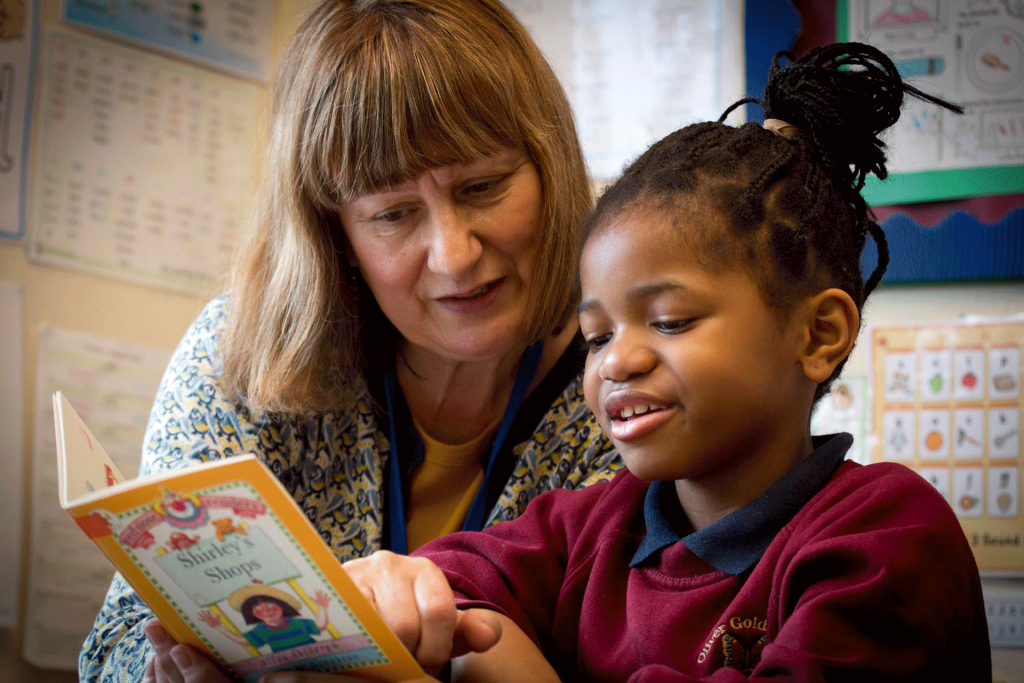“These things are great! It’s like TV in your head!” So says a character in American TV show iCarly who evidently hasn’t done much reading of books before.
And we do create the pictures in our heads to go with the words in books. Indeed, many of us will have watched the TV or film version of one of our favourite books and thought, ‘that’s all wrong – not how I pictured it at all.’
Reading books can bring so much pleasure and transport us into a completely different world – of fantasy, romance, science, knowledge, adventure and more. We read the words and we create whole pictures and universes in our heads of how we imagine everything appears in the book we are reading. The author has written it but we add our own twist. We can learn and be inspired.
But imagine if you were stumbling over every other word. If the sentences just didn’t make much sense to you. That wouldn’t bring you much pleasure. How can you get into a story – get to know its characters and lose yourself in its plot so much that when you stop reading, as the Irish novelist John McGahern puts it, you need to “wake out of the book” – if the words are simply alien to you?
More prosaically, if you cannot comfortably read or fill in a form, understand a street sign or a map (these days probably on Google rather than in the A-Z!), then you are at a fundamental disadvantage in today’s society.
I speak Japanese and can read it fairly well. While living there, I went on a trip to South Korea with my brother. Although the two countries have much in common on a superficial visual level, I couldn’t read anything. The signs, menus, newspapers etc. were a complete mystery to me. I was disorientated and immensely frustrated. “See,” said my brother with some satisfaction. “That’s how I feel when I visit you in Japan.”
I was frustrated and embarrassed by my inability to read and understand what was going on around me. And that is probably the same for the estimated 14% of the global population who are illiterate. There is some positive news there – the levels of illiteracy have fallen a lot considering that as recently as 1980, world illiteracy was at 43%.
But still: some 775 million adults lack minimum literacy skills, one in five adults are still not literate (two thirds of them are women), 60.7 million children are out of school and many more attend irregularly or drop out*. Literacy is vital to anyone’s success and growth, and these people are missing out.
Here at Haggie Partners, everything we do revolves around language, so we decided to help those who are without access to sufficient literacy tuition in the UK: to help to close the literacy gap and ensure that all children are being given the tools they need to achieve their true potential. That is why we are supporting the work of The Children’s Literacy Charity.
The charity explains that even in the UK there are 200,000 disadvantaged children (one in three) who cannot read at the expected level for 11-year-olds when they leave primary school. By 11, life choices and opportunities open to children with better literacy have already disappeared for children with poor literacy skills – they stay behind, forever.
That is why the work of the Children’s Literacy Charity is so important. You can read about how what they do and how you can help here.
Sunday 8 September is International Literacy Day. It might be worth taking a moment to be glad that you have the ability to read this article – and thinking about how to help those who would struggle.
#InternationalLiteracyDay
*Figures taken from the UNESCO Institute for Statistics


